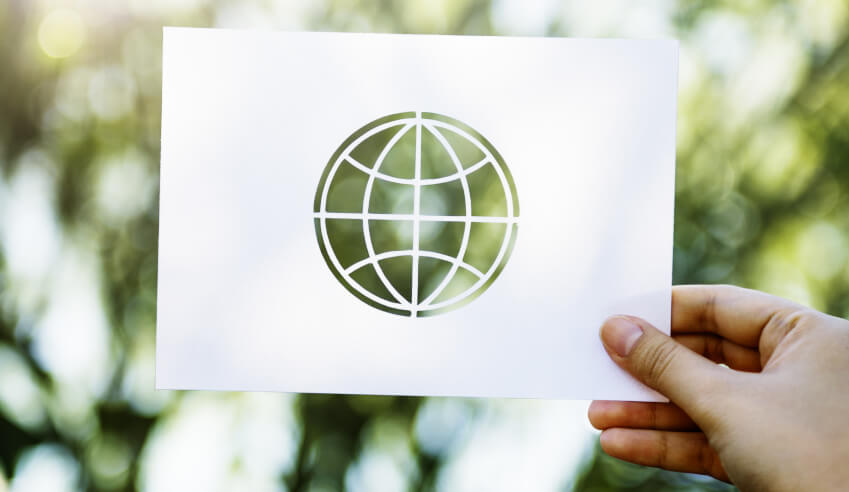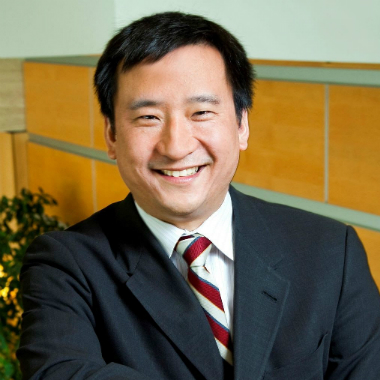Legal academic Professor Frank Wu has spoken of a global transformation that will define the rest of our lives and the future of business at a special event in Sydney.

Lawyers must brace for change that is sweeping the United States and Australia, Professor Wu told a gathering at the Sydney office of King & Wood Mallesons last month. That change is globalisation and he said that it is happening quickly and with greater complexity than most people think.
China’s ever growing clout on the world stage was a central theme of his talk, including the rising dominance of Asia in the global context. Professor Wu said that this was a relevant consideration for countries such as the US and Australia, whose bilateral ties with China is fixed for the long haul.
“China is the greatest trade partner for Australia, by every material measurement that you could possibly use, Australia is intertwined with and related to China and will be inexorably for the rest of your lives,” Professor Wu said.
“And the same is true of the US, that partnership with China. Those b-lateral are the most important relations of any two nations, I would suggest on the face of the globe now at this point. Those are the nations that must address issues such as climate change, North Korea and its missiles and so on,” he said.
Professor Wu is one of the first Asian-Americans to be appointed to the position of Chancellor for a tertiary institution in the United States and is a regular author on the issue of race relations.
He currently holds a position as Distinguished Professor of Law at UC Hastings and is chair of the Chinese-American organisation the Committee of 100.
Professor Wu described how the future commercial landscape would mean accepting the concept of borderless transactions and that this also created the business case for diversity.
He added that no matter what the politics of the day may be, diversity in business was a commercial and diplomatic reality people have to grapple with. Those who are unwilling will be left behind and in the blink of an eye, Professor Wu said.
“No matter, deal or dispute is limited by borders. Everything involves a vendor, a supplier, an adversary, a client and somebody like a witness, who speaks a different language, comes from a different background, and that will only accelerate and increase.
“And for those of us who seize that opportunity to build bridges, it is how we will make our careers,” Professor Wu said.
The 50-year-old author and legal academic spoke of key trends driving an inevitable transformation that will see the skills such as bilingual proficiencies become a necessity for business transactions in the next few decades.
He went on to paint the picture of a rapidly changing America, whose demographic trends will no longer comprise a single ethnic majority within a single generation.
“Demographers argue about whether it will be 2050 or 2040, but in about another generation, America will cease to have a single, clearly identifiable racial majority. It’s already happened in California, where I live. And it’s happening already at a pace that is dizzying,” Professor Wu said.
He also addressed historical prejudices that can hinder people’s ability to harness opportunities for change, adding that it was also important to note that many people reacted to the idea of this change and its speed with anxiety.
“Just to observe the change, social scientists have shown that it causes a reaction,” he said.
“When you mention demographic change, it provokes these responses of anxiety – it makes people much more willing to be extreme because they feel uncomfortable. And I say this because it’s important to acknowledge.”
Professor Wu went on to suggest that in the business world, those able to adapt and navigate this new landscape would enjoy a serious advantage to their competitors.
“Parallel to global transformation is the ascendency of Asia in general and China especially,” Professor Wu said.
“You can be appealed by it but nonetheless for practical reasons, if you don’t adjust and adapt, if you don’t see the change in the marketplace, who the clients are for your law firm, who the adversaries will be in court if you don’t’ acknowledge these changes, you will swept aside by them,” he said.
Professor Wu made his remarks as part of a visit to Sydney and Melbourne organised by the Asian Australian Lawyers Association and NSW Women Lawyers Association in August.
